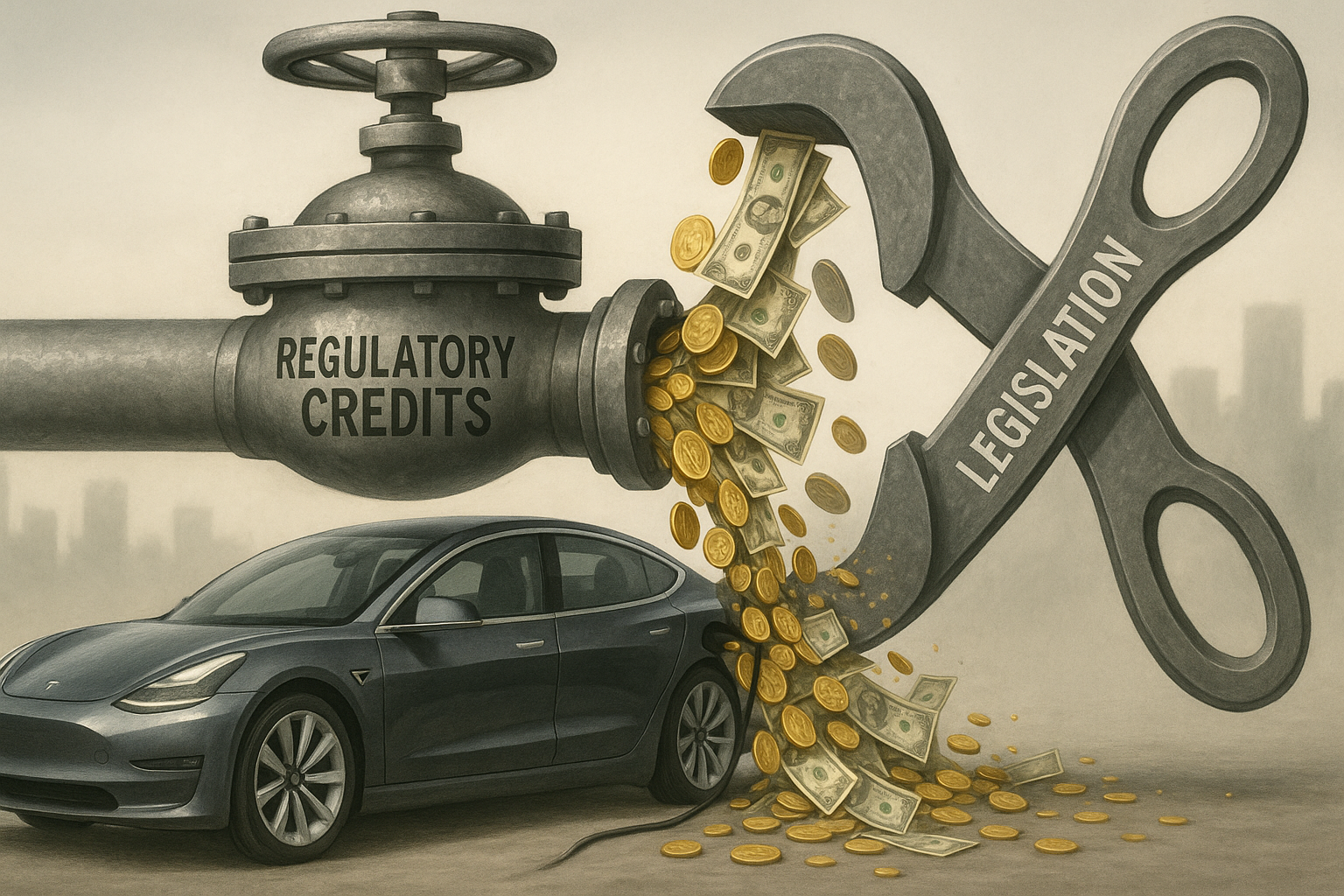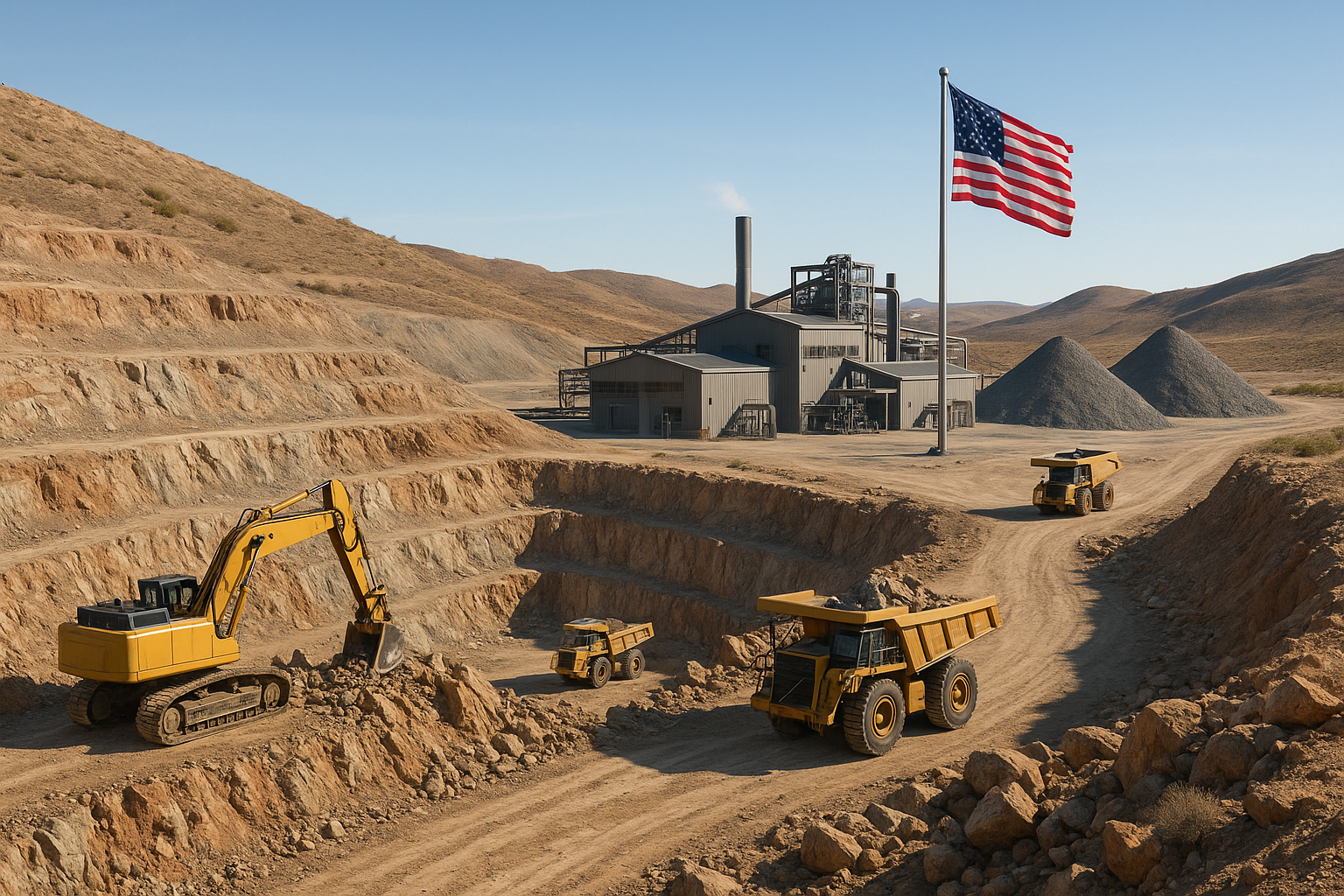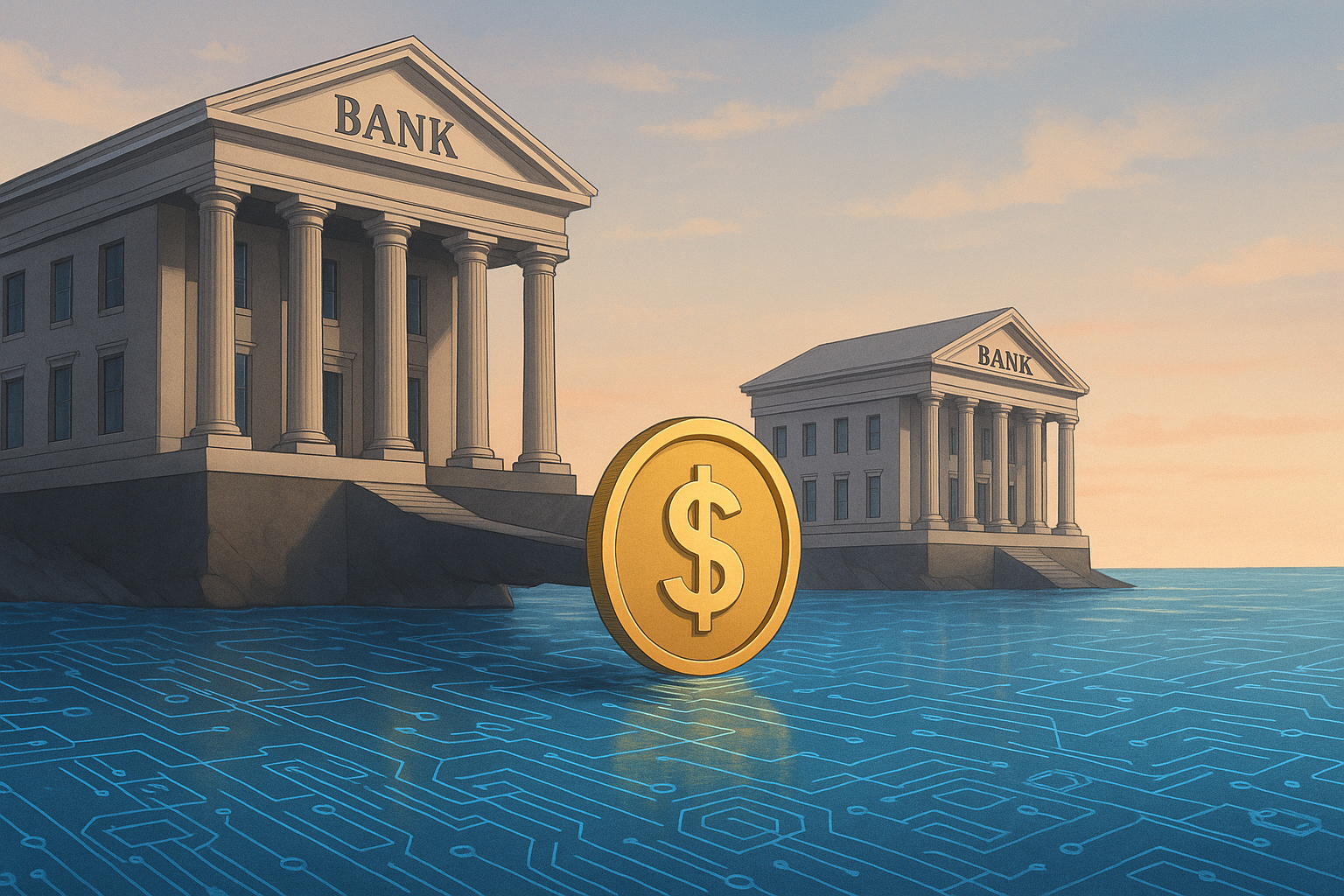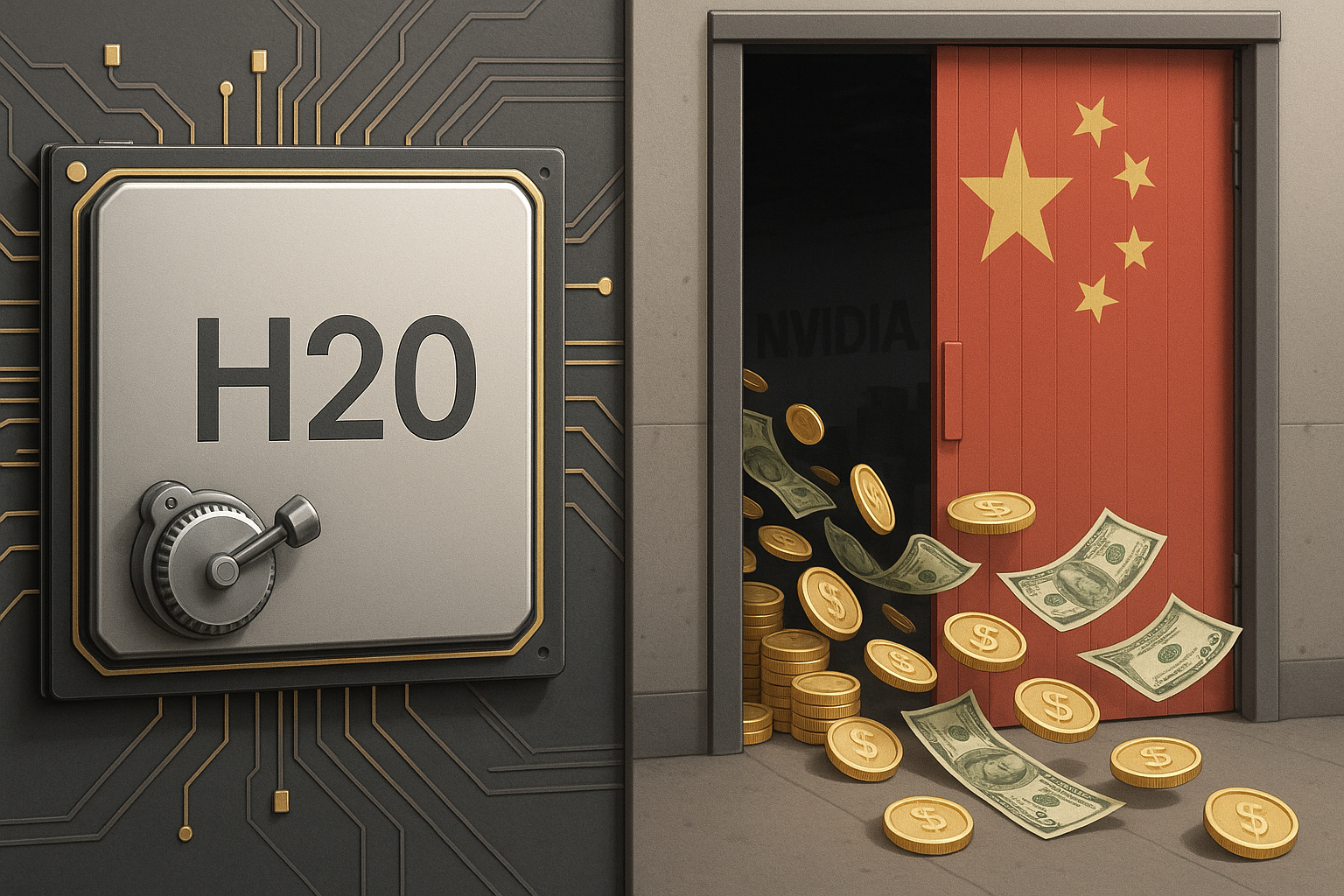Tesla shareholders love to talk about disruption, innovation, and the inevitable EV-powered future. What they tend to whisper about – if they mention it at all – is how much of the company's bottom line depends on selling, well... nothing.
I'm talking, of course, about regulatory credits – that magical accounting line item where Tesla essentially gets paid by other automakers for the privilege of making too many gas guzzlers. It's been the financial equivalent of finding money in your coat pocket, except the coat is worth nearly a trillion dollars and the pocket change is measured in billions.
But "Big Beautiful Bill" (as some are now calling it) might just end this particular gravy train. And remarkably few people seem to be talking about it.
The Math Isn't Complicated (Even If Tesla Wishes It Were)
Let's run the numbers, shall we? In 2024, Tesla reported about $7.1 billion in net income. Impressive! But peek under the hood, and you'll find around $2.76 billion of that came from regulatory credits. That's nearly 40% of their profit from a business activity that involves precisely zero manufacturing, zero innovation, and zero actual products.
The first quarter of 2025 tells an even more revealing story. Tesla reported $409 million in net income, which sounds respectable until you realize they booked $595 million from regulatory credits. Do the subtraction – I'll wait – and you discover Tesla would have posted a net loss without these credits.
This is like a restaurant staying profitable not because people buy their food, but because competing restaurants pay them for the privilege of selling too many hamburgers.
The Credit Ecosystem
The regulatory credit market exists because of government policies like Corporate Average Fuel Economy (CAFE) standards and emissions requirements. Automakers who exceed these requirements (hello, Tesla) earn credits they can sell to companies who don't (hello, everyone else).
It's been a beautiful system for Tesla – a pure profit stream with essentially no associated costs. The margins are, quite literally, 100%.
But what happens when the need for these credits suddenly disappears? That's exactly what this bill threatens to do by removing CAFE penalties and relaxing emissions enforcement. No penalties means no incentive to buy credits, which means Tesla's financial jacket suddenly has much shallower pockets.
The Silent Killer
The strange thing is how little attention this aspect of the bill is receiving. Everyone's focused on the $7,500 tax credit going away (which certainly matters for demand), but few analysts seem to be grappling with what happens when nearly 40% of Tesla's profit simply... evaporates.
I mean, imagine if Apple announced that 40% of its profit came not from selling iPhones but from a government program that was about to end. The stock would be in free fall faster than you can say "Tim Cook's perfectly tailored suits."
The Bigger Picture
This raises important questions about Tesla's underlying business model. For years, bulls have argued that Tesla's manufacturing efficiency and technological advantages would eventually translate into sustainable profits. Critics countered that without subsidies and regulatory benefits, the company would struggle to justify its valuation.
It seems we might be about to find out who's right.
The timing is particularly awkward for Tesla. Competition in the EV market is intensifying, growth has slowed, and the company is between major product cycles. Losing regulatory credit revenue now could force some difficult conversations about the company's path to sustainable profitability.
What Happens Next?
Of course, the bill isn't law yet, and Tesla has shown remarkable adaptability. Perhaps they'll find new efficiencies, or their Full Self-Driving technology will finally deliver on its perpetually-just-around-the-corner promises.
But investors might want to take a hard look at those regulatory credit numbers and ask themselves: what exactly am I valuing here? Because a significant chunk of Tesla's profits might soon disappear into the same regulatory ether from which they emerged.
In the meantime, traditional automakers might be quietly celebrating. They've been funding their main disruptor's profitability for years. I imagine Ford and GM executives looking at this bill the way a long-suffering parent looks at a teenager finally moving out of the basement.
The irony is exquisite – a bill championed by people often skeptical of environmental regulations may end up hurting the poster child of green transportation more than anyone realized.
But that's markets for you. Sometimes the footnotes in the financial statements tell the real story.




